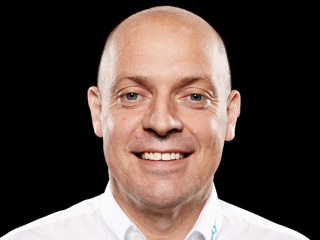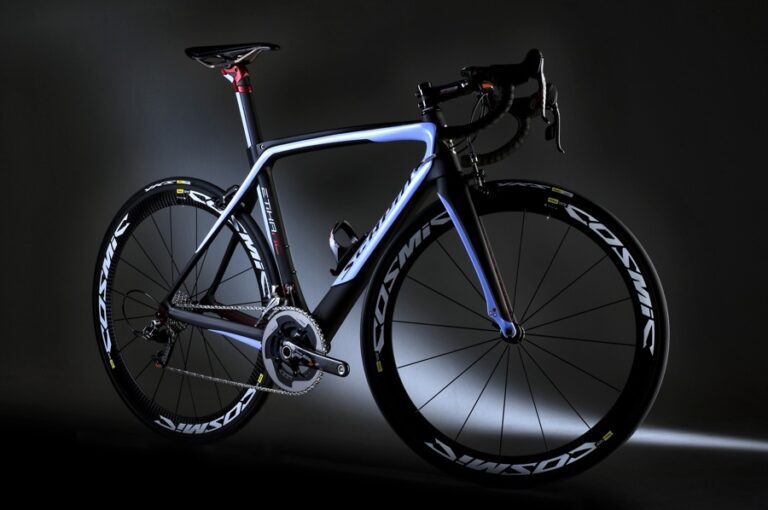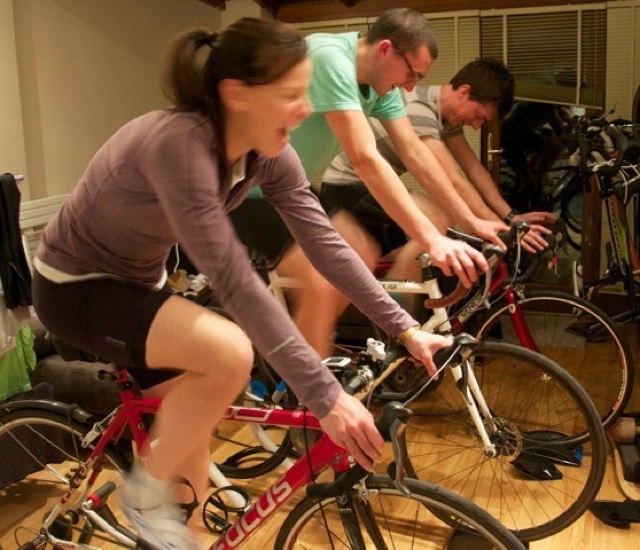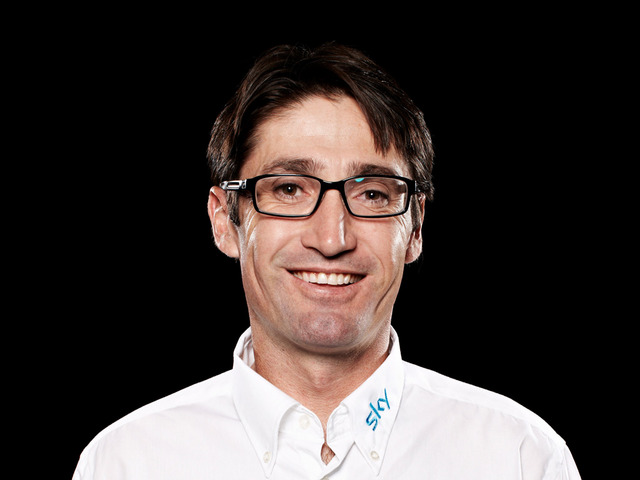Last night Team Sky issued a statement reaffirming its zero tolerance for doping. It is to be welcomed.

The words will be backed by action. Each team member, support staff and riders alike, is to be interviewed and invited to sign up to a policy that forbids those who have any past or present involvement with doping from working with the team. Anyone unable to do so will leave.
Two had already, before last night’s statement: one through retirement, another by mutual agreement.
Michael Barry announced his retirement last month.
The Canadian rode for US Postal (later Discovery) from 2002 to 2006, and in a statement on his website admitted to doping and his co-operation with USADA’s investigation. He says he stopped doping in 2006.
Dr. Geert Leinders, doctor at Rabobank when the team withdrew race leader Michael Rasmussen from the 2007 Tour de France, will no longer work with the team. Leinders’ departure from Team Sky resulted from the expiry of his freelance contract, a spokesman said on Monday.
Is it naïve to expect a team founded in 2010, at the end of a decade widely considered to be the dirtiest in the sport’s history, to be able to recruit an entire staff of riders and medical and coaching personnel free from any association with doping (the prospect of such an association was, after all, the reason Peter Keen, Brailsford’s predecessor as performance director at British Cycling, chose to focus his resources on track success)?
Perhaps, but this is the standard Dave Brailsford rightly set when he launched his bid to produce the first British winner of the Tour de France within five years. It is perhaps the reason why Bradley Wiggins, a rider whose repugnance for doping is sometimes expressed in the bluntest terms, was chosen to head the project, and why David Millar, banned for two years from 2004 for using EPO, was not.
Brailsford’s appointment of sports scientist, Tim Kerrison, a man with no background in cycling prior to his work with the team, and now regarded as one of the principle architects of Wiggins’ Tour success, is an example of his ability to recruit outside the contaminated waters of professional cycling’s talent pool. Judged by such a shining light, the appointment of Leinders, whose period at Rabobank coincided with Thomas Dekker’s positive for EPO, is puzzling.
Team Sky has become the unofficial standard bearer for clean cycling. Brailsford’s methods, dismissed on his arrival in the WorldTour as applicable only to the infinitely more controllable environment of track racing, have brought the team the greatest prize in cycling in just three years. It is a success based as much on the principle of winning clean as on the famed aggregation of marginal gains. Reaffirming that principle is a welcome step during yet another unhappy chapter in cycling’s history.





